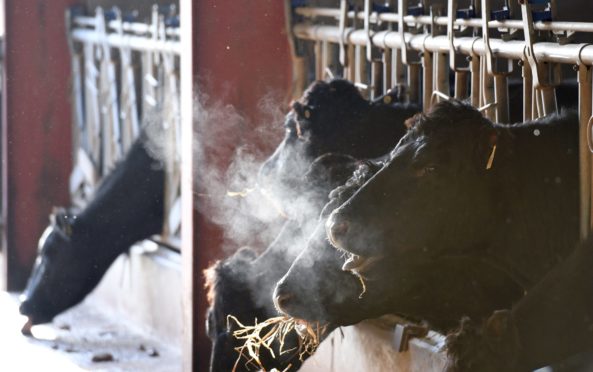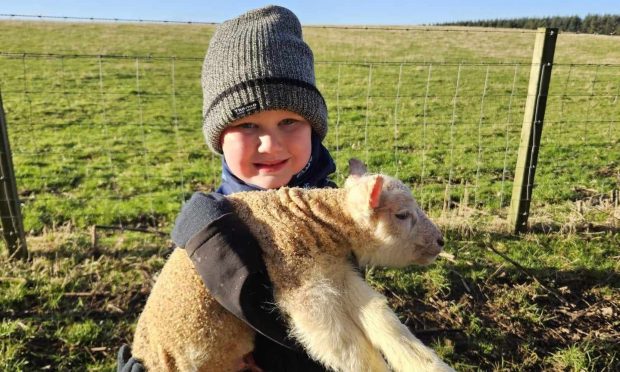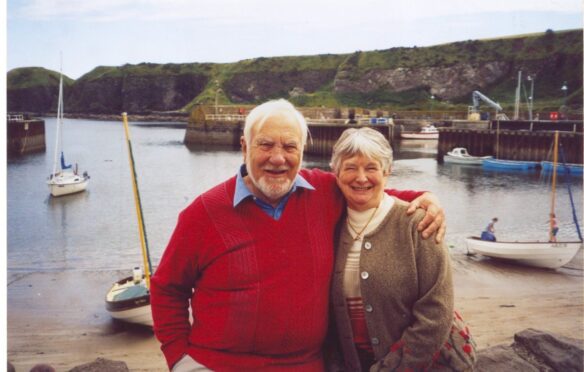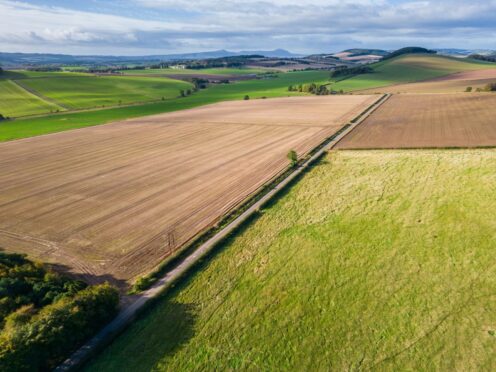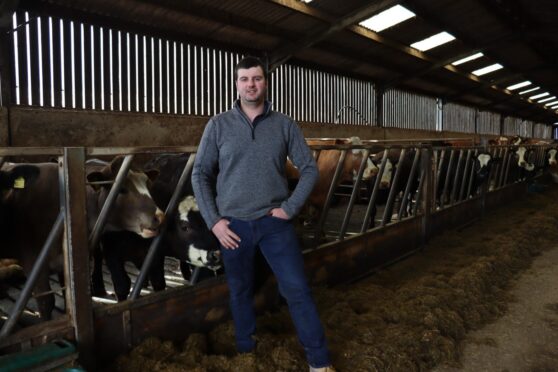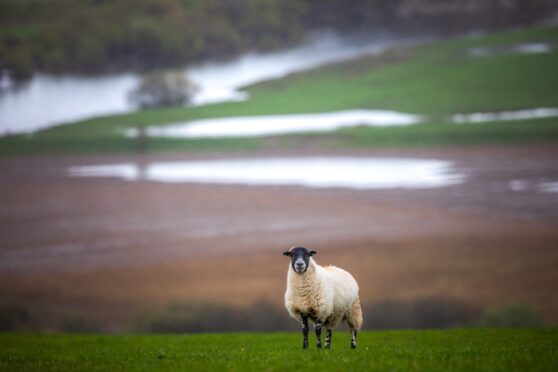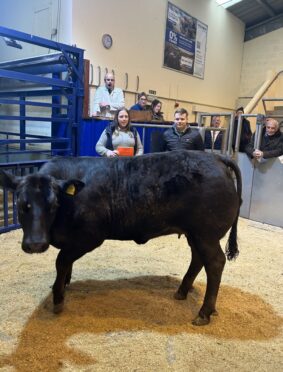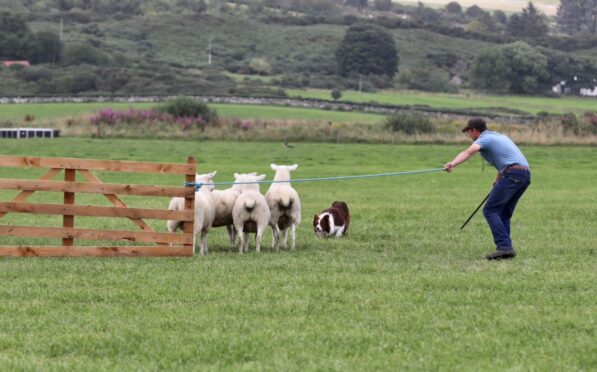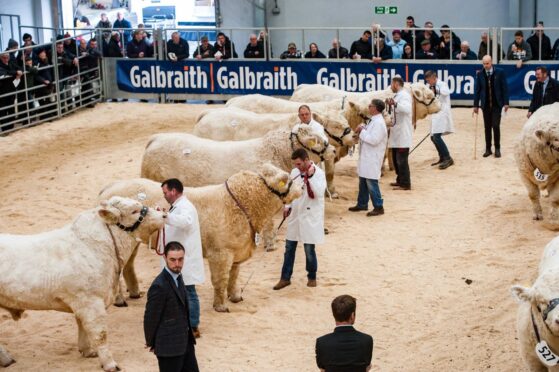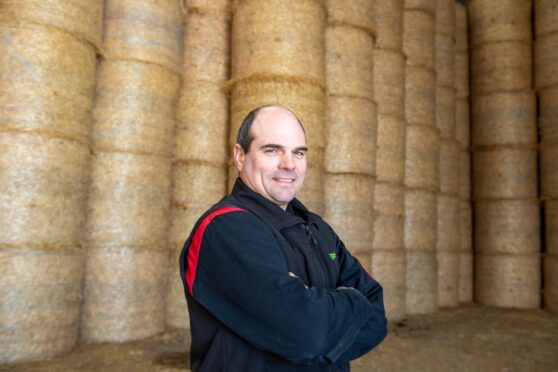The UK’s three main farm levy bodies are the latest industry organisations to condemn a BBC documentary exploring the impact of red meat production on the environment.
The chief executives of the Agriculture and Horticulture Development Board, Quality Meat Scotland and Meat Promotion Wales have jointly written an open letter criticising the programme – Meat: A Threat To Our Planet? – which aired on Monday.
They say the programme gave “an unbalanced and inaccurate view of the environmental challenges facing livestock production, potentially misleading UK consumers about how their meat is produced”.
The letter adds that the programme failed to show the sustainable meat production systems used in the UK, and that “little or no time” was given to showcase the significant efforts the UK industry has made to reduce its environmental impact.
They also challenged claims meat production has a greater environmental impact than transport.
“To redress the balance and to uphold its mission to provide impartial programming in the public interest, the BBC has an obligation both to remedy the misleading impression created by this programme and to give the UK livestock industry a voice in similar programming in the future,” said the letter.
“Highlighting that consumers should purchase meat which has been produced through a domestic assurance scheme ensures it adheres to higher welfare standards and traceable environmental credentials and gives them confidence they can continue to enjoy meat in their diet.”
A BBC spokeswoman said the programme was not an investigation into UK meat farming, and it highlighted what global meat production is doing to the environment.
She added: “The film also makes it clear that some farmers around the world farm livestock in a more sustainable way and efforts are being made to reduce the environmental impact of cattle farming.”
She said statistics in the programme which state meat production creates more emissions than transport were obtained from “thoroughly researched” Intergovernmental Panel on Climate Change (IPCC) reports investigating global emissions.
The spokeswoman added: “The documentary encourages viewers to think carefully about the provenance of their meat and the impact it may be having on our environment.”
